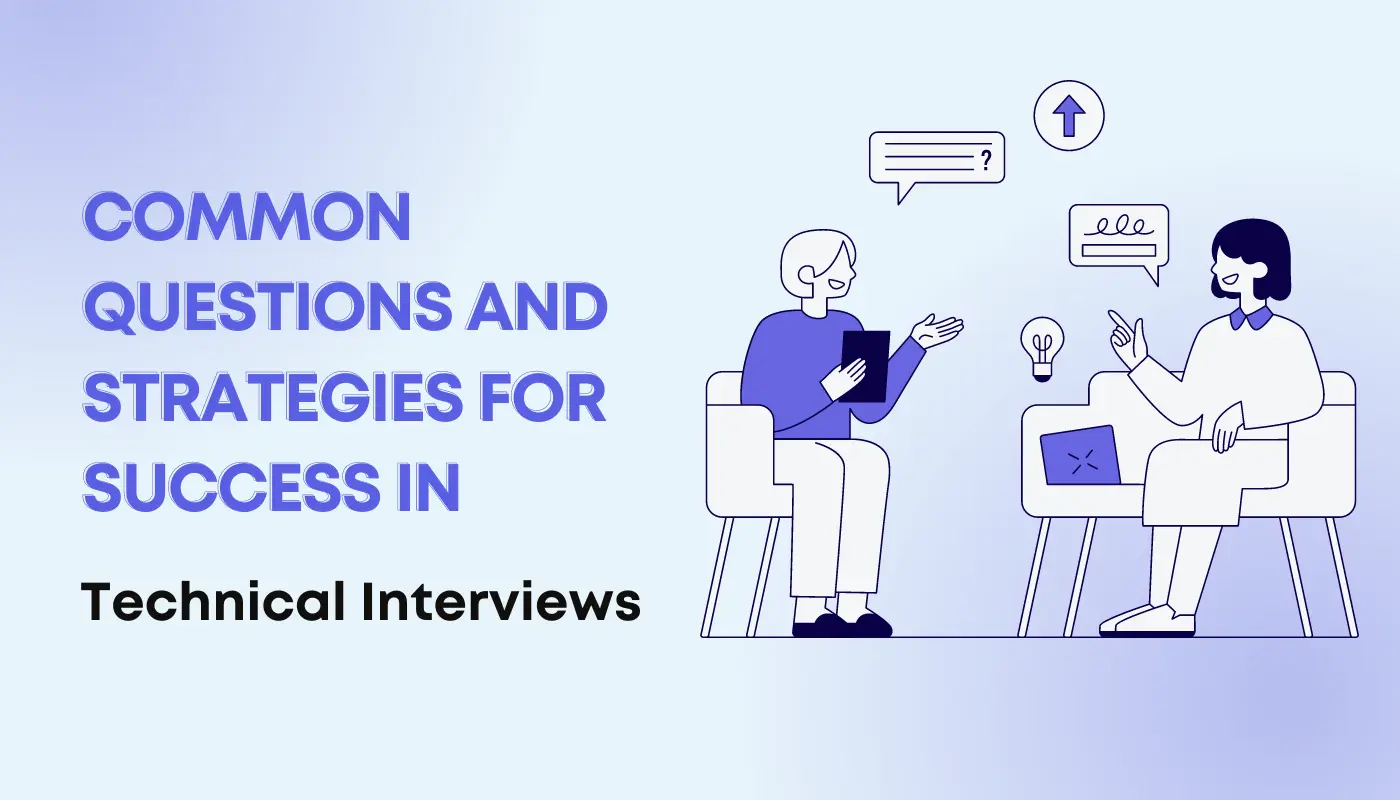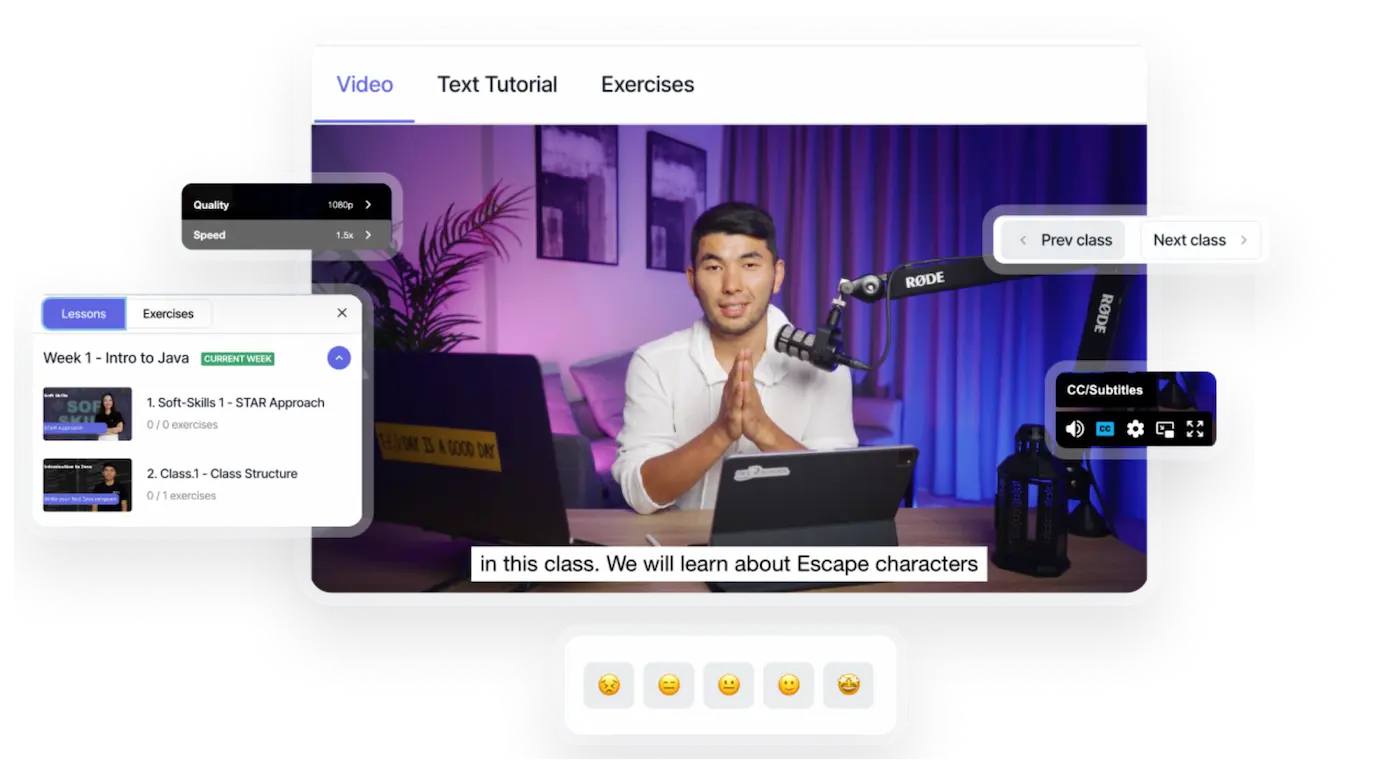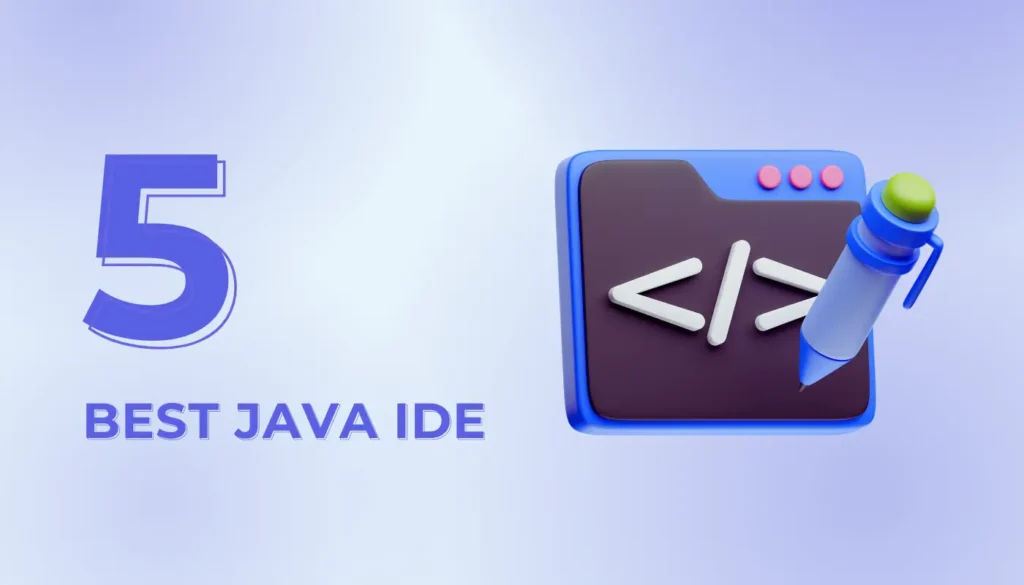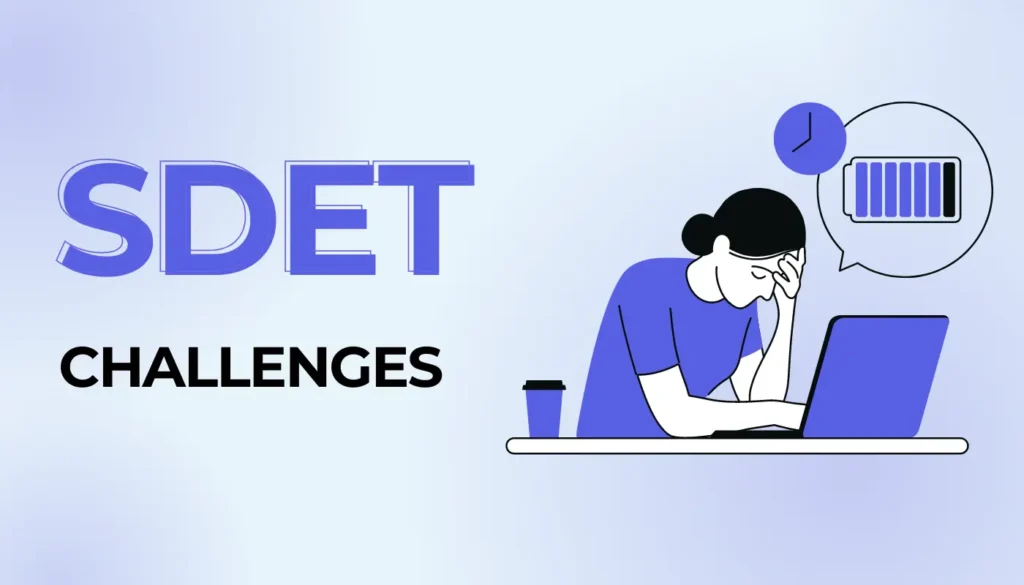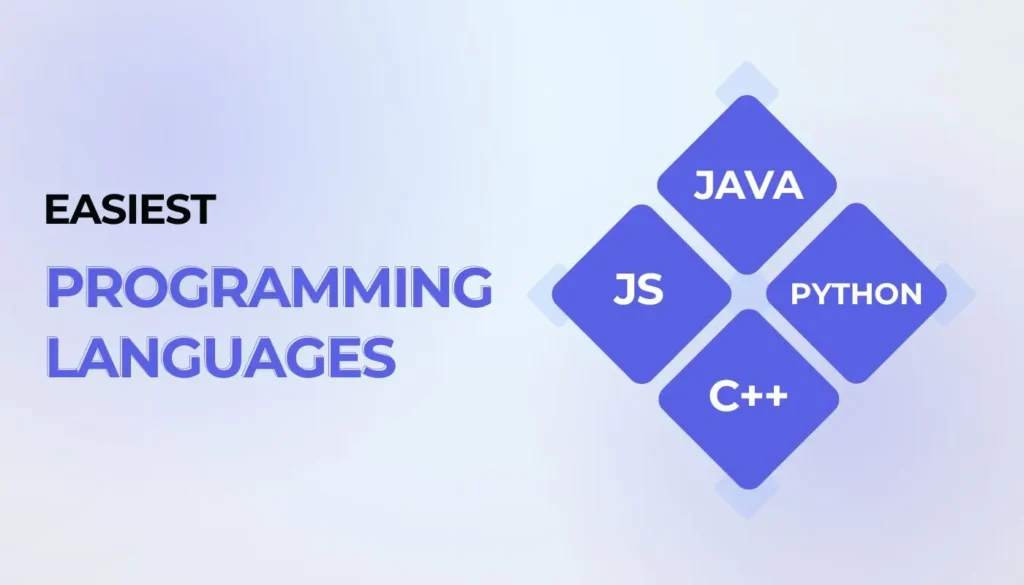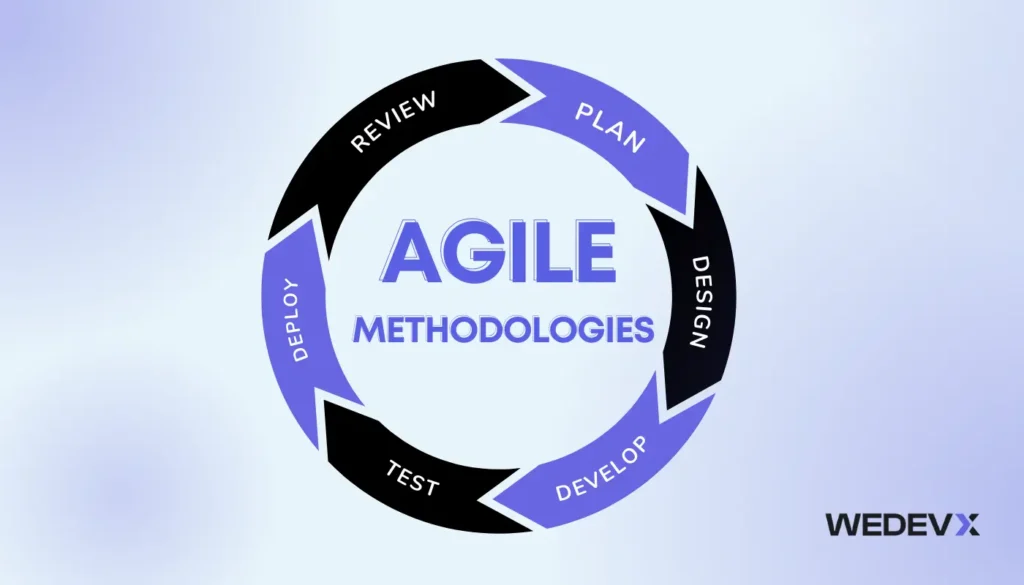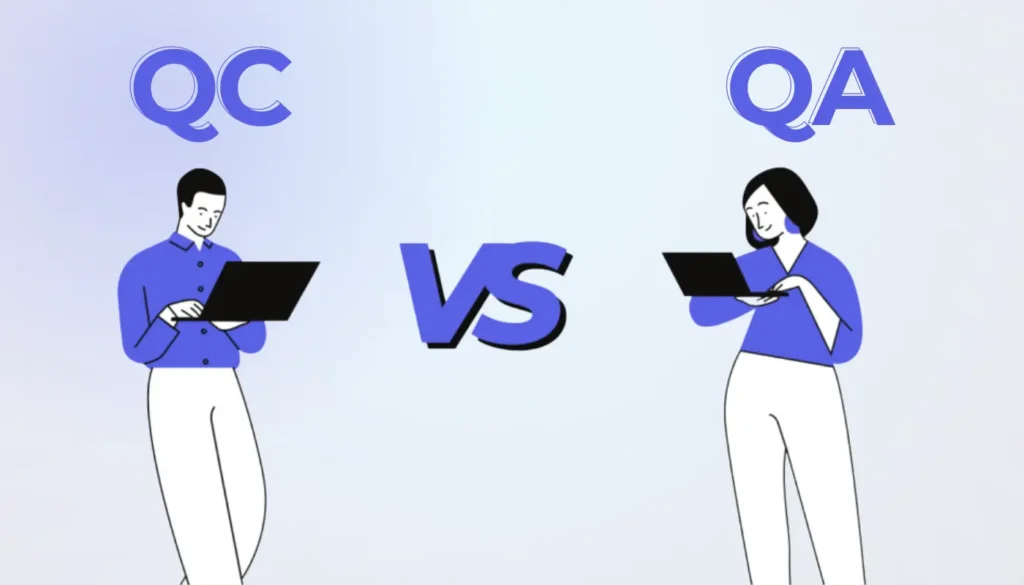According to research, stress significantly impacts technical interview performance. For instance, in a randomized controlled trial conducted by Mahnaz Behroozi, Shivani Shirolkar, Titus Barik, and Chris Parnin, involving 48 Computer Science students. This Qstudy revealed that performance is reduced by more than half when candidates are simply watched by an interviewer. In fact, stress and cognitive load were notably higher in traditional technical interviews compared to private settings.
Therefore, we are here to help you grasp some common questions and strategies for success in technical interviews.
Be Prepared For These Common Technical Interview Questions
The technical interviews bring forth a variety of questions. Just to assess a candidate’s problem-solving abilities, technical knowledge, and communication skills. If you mess up any of these questions, it will negatively impact the interviewer’s perception of your competence and suitability for the role. This will potentially lead to a rejection and that’s something you would never want, right?
Let’s grasp some of the most common questions that every technical interviewer is likely to ask:
Introduce yourself. Can you specify who you are with and without your education or skills?
This is the very first question you’ll come across in your technical interview. It aims to assess your communication skills and confidence. All while providing an overview of your professional background.
- Start with your name.
- Provide a brief summary of your professional background and current role.
- Mention a couple of significant achievements or experiences related to the job.
- Optionally, include a personal touch or a hobby.
Be polite and answer this question with a smile on your face by saying: “Hello, I’m Sophia. I have a Bachelor’s degree in Computer Science and have been working in software development for the past five years. “
Continue answering and say “currently, I am a Software Engineer at XYZ Corp, where I specialize in backend development using Java and Python. I’m also passionate about open-source projects and have contributed to several notable ones”
Mention something about yourself other than your expertise or experience. You may say “other than my work, I’m a fun yet simple person. I try to keep it to myself and make full of my life. In my free time, I explore hiking trails or experimenting with new recipes in the kitchen. I believe these activities recharge my creativity and help me become more disciplined.
Conclude by saying that “I’ll be honored to answer any further questions you may have”.
Don't know where to start your tech career?
We are here for you! Schedule a free call with our consultant for personalized advice on achieving your learning goals
What’s your favorite programming language, and why?
This can be the next technical question they ask. It will help them asses your familiarity with different programming languages and your preferences. Well, it will also demonstrate your ability to justify your choices.
- Mention your favorite programming language.
- Provide reasons for your choice, such as readability, community support, or specific features.
- If relevant, relate your choice to the job requirements.
For instance, you can reply: “My favorite programming language is Python. I appreciate its readability, clean syntax, and the vast ecosystem of libraries”.
You may also add “It’s great for rapid development, and the strong community support ensures that there are solutions available for almost every problem. In my current role, Python has been instrumental in developing scalable and maintainable solutions.”
If your interesting into programing click here to more about programming Languages: Top 5 Best Programming Language For Automation Testing In 2024
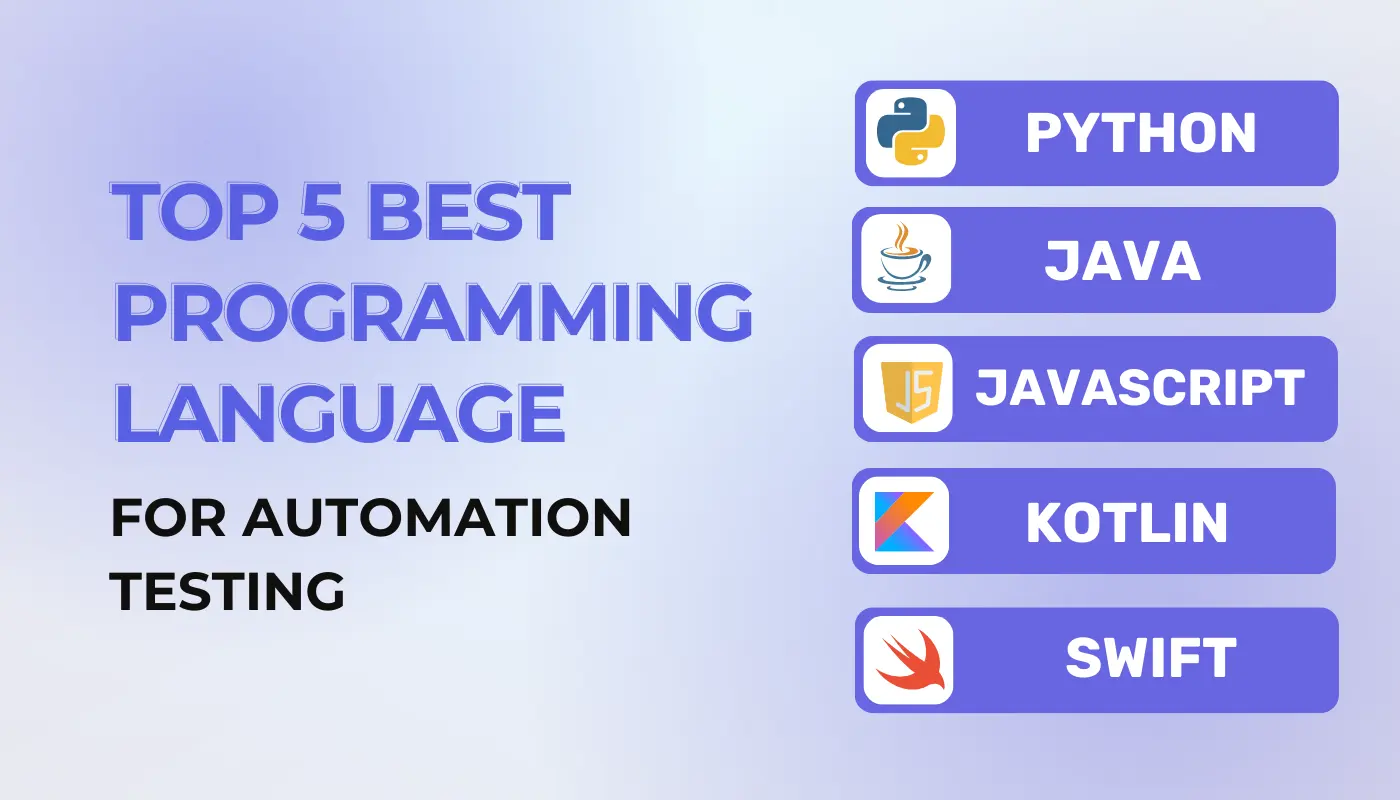
Can you explain the concept of OOP (Object-Oriented Programming)?
This question evaluates your understanding of fundamental programming concepts and your ability to apply them in software design.
- Define the key principles of OOP (encapsulation, inheritance, and polymorphism).
- Provide examples to illustrate each concept.
- Relate OOP to real-world scenarios, if possible.
You may answer this question as: “Object-oriented programming is a programming paradigm based on the concept of ‘objects’ which can encapsulate data and behavior. Well, encapsulation involves bundling data and methods that operate on that data into a single unit or class. On the other hand, inheritance lets a class inherit properties and methods from another class, promoting code reuse. Lastly, polymorphism enables objects of different classes to be thoroughly treated as objects of a common base class.
It is suggested to add an example. You may say “for instance, if there’s a banking application, it might have a ‘Customer’ class with attributes like ‘name’ and ‘account balance’ and methods like ‘withdraw’ and ‘deposit.”
How do you ensure the quality of your tests?
This question assesses your understanding of software testing practices and your commitment to delivering high-quality code.
- Discuss your testing methodologies (unit testing, integration testing, etc.).
- Emphasize the importance of test automation.
- Mention the use of testing frameworks and continuous integration.
- Highlight any specific practices you follow for thorough test coverage.
It will be better to answer this by saying “I ensure the quality of my tests by following a comprehensive testing strategy. This would include writing unit tests to verify individual components, integration tests to check interactions between components, and end-to-end tests for overall system functionality. Test automation is really an important part of my process, and I use frameworks like JUnit and Selenium to automate repetitive test cases. Most importantly, I always integrate testing into our continuous integration pipeline to catch issues early in the development cycle.”
Can you walk us through your experience with automated testing tools?
This question evaluates your practical experience with automated testing tools and your ability to select and use the right tools for the job.
- Mention the automated testing tools you have used.
- Provide examples of how you implemented automation in your projects.
- Highlight the benefits and challenges faced during automation.
Now the best way to answer this question is to say: “I have extensive experience with automated testing tools such as Selenium for web application testing and JUnit for unit testing in Java projects. In fact, in my previous role, I implemented an automated testing suite for a critical module, which resulted in a 30% reduction in post-release issues”.
You may add “I’ll be straight to specify that when I implemented automation, my focus was more on creating maintainable and modular test scripts. That’s because I wanted to ensure quick feedback”.
Don’t forget to say something like “But, I would say that it is always better to consider the trade-offs and challenges, such as test maintenance and occasional flakiness.”
Describe a project you’re particularly proud of. What challenges did you face, and how did you overcome them?
This question assesses your problem-solving skills, project management, and the ability to reflect on challenges and successes.
- Choose a project that aligns with the job requirements.
- Briefly describe the project, emphasizing your role.
- Discuss the challenges faced and the steps taken to overcome them.
- Highlight the positive outcomes or lessons learned.
Here’s how you can answer this technical question and leave a lasting impression: “One project I’m particularly proud of is XYZ. This is where I led the development of a new feature set in an innovative e-commerce platform. I’ll be honest.”
It is better if you add more value to your answer and explain all details. You may say “we faced a lot of challenges with tight deadlines and evolving requirements. So, I implemented an agile approach, ensuring frequent communication with stakeholders. We used continuous integration to catch issues early, and I encouraged regular retrospectives to improve our development process”.
In fact, you should also specify what was your success rate. You may state “ultimately, we successfully delivered the feature on time, and this resulted in a 20% increase in user engagement.”
Explain a time when you had to deal with a flaky test. How did you handle it?
Now this question will allow interviewers to carefully assess your problem-solving skills, attention to detail, and ability to troubleshoot technical issues.
- Describe when and how you encountered a flaky test.
- Explain all the steps you took to identify the root cause.
- Discuss every action you took to fix or mitigate the issue.
- Highlight any preventive measures you implemented.
We suggest you take a deep breath and then answer this technical question politely and confidently. You may say “well, that’s a relatable question because I just had an experience with it. It’s a recent project. We encountered a flaky test related to asynchronous data fetching.”
It is better to lay out each detail bit by bit and continue answering. You may add “after a thorough investigation, I discovered that the test’s failure was intermittently caused by the data not being fully loaded before the test assertions. So, I introduced explicit waits in the test script. This was to help ensure the data was loaded before proceeding with the assertions”.
Keep answering “I also implemented better logging and monitoring to quickly identify and address any future issues. It was also a part of my maintenance process to regularly review and update the test scripts.”
Follow These Success-Driving Tips To Win Technical Interviews
Here you’ll find strategic guidance on how to effectively navigate challenging questions, showcase problem-solving skills, and communicate technical solutions during the interview.
Align Job Requirements With Your Expertise
Never jump directly to a technical interview. Firstly, read the job description and grasp the requirements, ensuring that they match your expertise. For instance, if the role demands proficiency in a particular programming language, recall relevant projects where you showcased your skills. In case, you lack skills or experience, it is better to fill the gap before appearing in the interview. Take your time and be the best.
You may enroll in WEDEVX SDET Bootcamp to advance your skillet and coding career in real-time. It’s all that you require to be able to meet job requirements and succeed in every other technical interview.
Arrange Mock Interviews For Hands-On Experience
Now, if you are confident in your skills and experience, then remember that practice makes the man perfect. You should organize mock interviews with friends, mentors, or any online platforms. This is how you can effectively simulate real interview scenarios and see through your strengths as well as weaknesses.
This hands-on experience will significantly help you identify areas for improvement, refine your responses, and get accustomed to the interview environment.
Just make sure to ask for constructive feedback from peers. This helps the best to fine-tune your performance and increase your chances to win the interview.
Work on Enhancing Your Communication Skills
Believe it or not, communication skills can land you a job even if you lack technical skills. You should practice to clearly articulate your thoughts and solutions during the interview.
For instance, you should learn how to engage in a conversation, and especially, how to explain complex concepts simply. It will be even better if you take part in group discussions or join public speaking clubs to hone your communication skills.
Remember that your communication skills are most important to impress the employers and win the interview. Do not neglect this.
Balance Your Talking Speed and Answer Accuracy
Keep in mind that you need to find the right balance between speaking speed and answer accuracy. You should avoid rushing through your responses, as it may lead to inaccuracies.
It’s hilarious that even if your pace is too slow, it will indicate that you are hesitating. Just make sure to thoroughly practice and maintain a steady pace. This will allow you to deliver well-thought-out answers. All with 100% accuracy.
Rest assured that this balance will perfectly back your confidence and competence to the interviewers.
Master Coping Mechanisms for Dealing with Stress
We all know that technical interviews are more likely to be stressful than the job search or the actual job. However, if you leverage effective coping mechanisms, then you can save yourself from sweaty moments.
Take a peak inside and see how you can stay calm under pressure. You may focus on strategies like deep breathing exercises or visualization techniques. It is also suggested to use some work-related example to demonstrate your ability to handle stress. You may share a challenging situation that you successfully handled in a smooth manner.
Keep in mind that your composed demeanor will ultimately reflect positively on your problem-solving skills.
Final Words
You should always thoroughly prepare for a technical interview because it ensures that “you approach the process with confidence and integrity”. Also, it showcases your true capabilities in the best way possible. This, in turn, ensures ultimate success, right?
